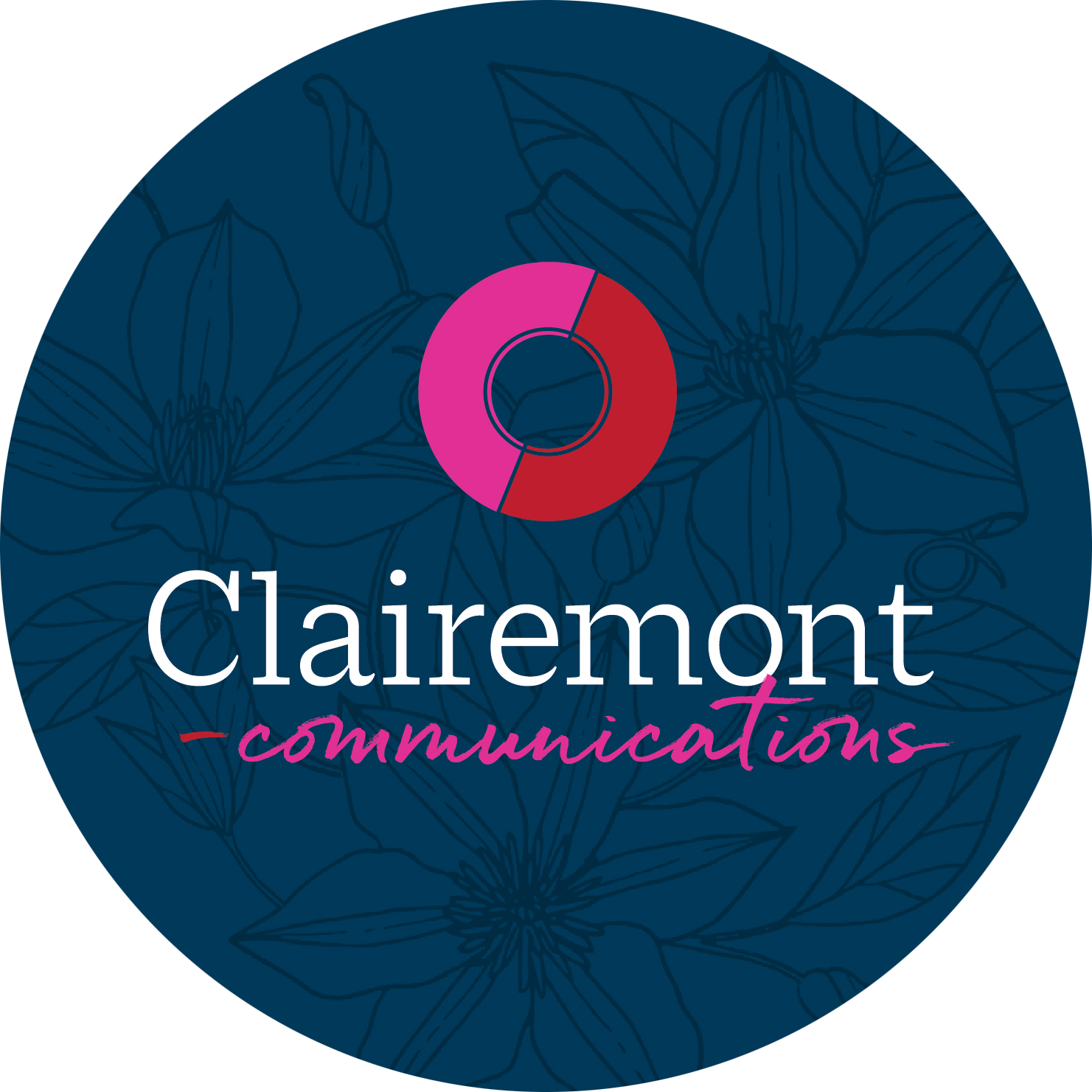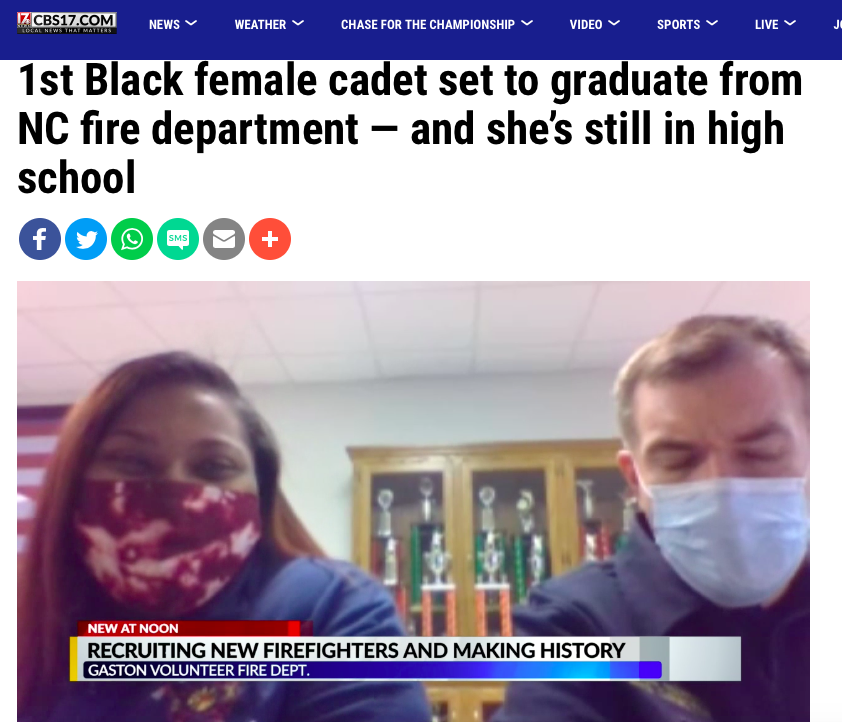When Dr. Ben Coulter was named the new Chancellor of WGU North Carolina, Clairemont worked with the WGU North Carolina team to write and pitch an op-ed penned by Dr. Coulter highlighting the 77th anniversary of the signing of the G.I. bill. Since he had a long career in the military, and the military community is a key audience for WGU, we wanted to call attention to Dr. Coulter’s background. We were thrilled when the op-ed was published by The Fayetteville Observer…check out the full article below!
As an Army veteran, I am appreciative of the G.I. Bill
Ben Coulter | The Fayetteville Observer
This past June marked the 77th anniversary of President Franklin D. Roosevelt signing the G.I. Bill into law. Officially known as the Serviceman’s Readjustment Act of 1944, the G.I. Bill was established to help veterans of World War II attend college. Since that date, it has been responsible for tens of millions of veterans earning degrees, raising their family’s standard of living, and contributing to the local economy.
Following the tragic events of 9/11, Congress authorized additional funds for individuals who served on active duty after September 10, 2001. The Post-9/11 G.I. Bill includes payment of tuition and fees, a monthly housing allowance and a stipend for textbooks and supplies.
North Carolina has long been associated with a strong military presence, from the eight active military bases in the state to the more than 700,000 military veterans who reside here. Military veterans make up about 8.5% of the state’s population, compared to 7.1% nationwide.
About 54% of students using the Post-9/11 G.I. Bill nationwide attended public universities in FY2018, while 24% attended private schools, and 22% went to for-profit institutions.
According to a 2017 study from the National Veteran Education Success Tracker (NVEST) in partnership with the Department of Veterans Affairs, 72% of veterans using the Post 9/11 G.I. Bill have earned a post-secondary degree or were still enrolled at the time of the study. The remaining 28% either did not return to school following their last known term, or withdrew during the term. Overall, the number of veterans using the G.I. Bill has declined in recent years.
The same study estimated that around 100,000 veterans using the Post 9/11 G.I. Bill would be graduating annually in the foreseeable future. Of those graduates, about 40% will earn bachelor’s degrees, 25% associate degrees, 17% master’s degrees, 10% vocational education certificates, and 1.5% doctorate or post-doctorate degrees.
Among the most popular fields of study for students using the Post 9/11 G.I. Bill are business, management, marketing, health professions, liberal arts and sciences, homeland security, law enforcement, firefighting and related protective services. Veterans are also earning degrees in high-demand majors such as computer sciences, engineering and related fields and education.
Even if they have the desire, many members of the military community face challenges in pursing higher education. Among them are Reservists/National Guard members being activated in the middle of an academic term; most student veterans being non-traditional students with families and part- or full-time jobs; and veterans with service-connected disabilities requiring travel for treatment or appointments, which can take away from study time.
Another challenge is the predatory practices of some for-profit colleges that use high-pressure tactics to get veterans to use their G.I. Bill to pay for school, but then suddenly shut down or deliver a substandard educational experience.
As Chancellor of WGU North Carolina, I am proud that Western Governors University has been named a Military Friendly® School for 11 consecutive years. Currently, about one in five WGU students enrolled in North Carolina is affiliated with the military community.
Most importantly, as a veteran of the United States Army, I was a beneficiary of the G.I. Bill and used it to earn a master’s degree from Western Carolina University and a doctoral degree from N.C. State. I strongly encourage all active-duty service members and veterans who qualify to take full advantage of the G.I. Bill.
Ben Coulter, Ed.D., is the Southeast Regional Director for online, nonprofit Western Governors University and Chancellor of WGU North Carolina, a state affiliate of WGU.
Interested in seeing more examples of Clairemont clients in the news? Click here.











